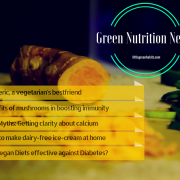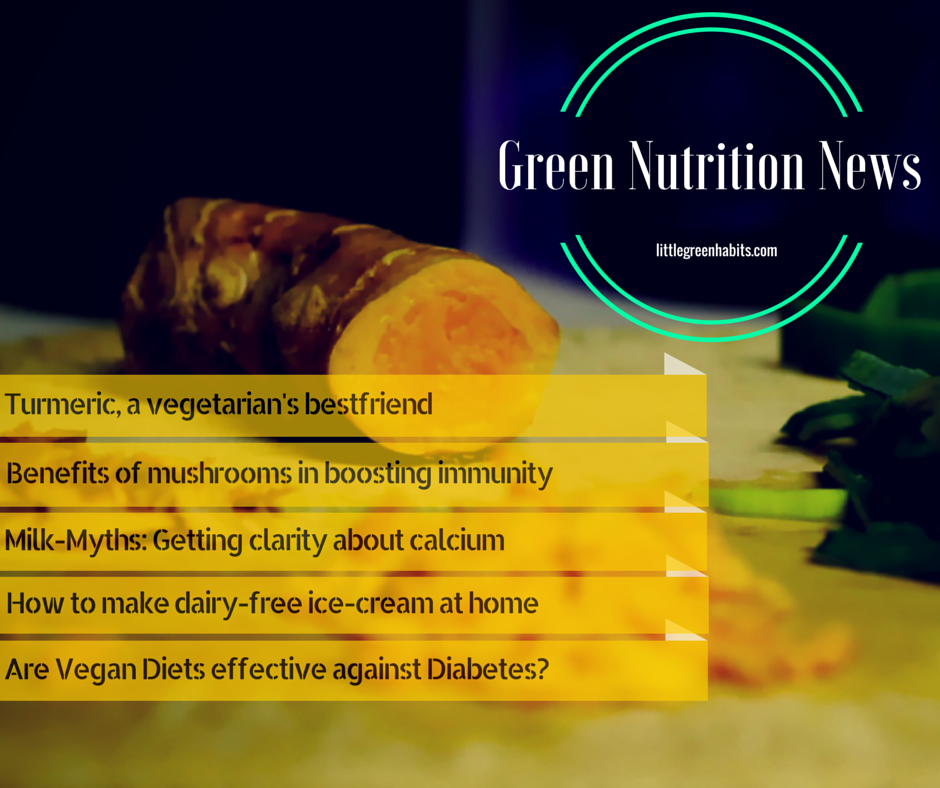This week my top 5 nutrition news items includes an article by James Clear about the health-promoting power of saying “I don’t”; the prevalence of and preventative measures against diverticulosis; a diet swap which highlights the dangers of the Western diet; how dramatically lower grain consumption in Australia hasn’t stopped obesity, and the misconceptions around gluten-intolerance and the supposed health benefits of gluten-free foods.
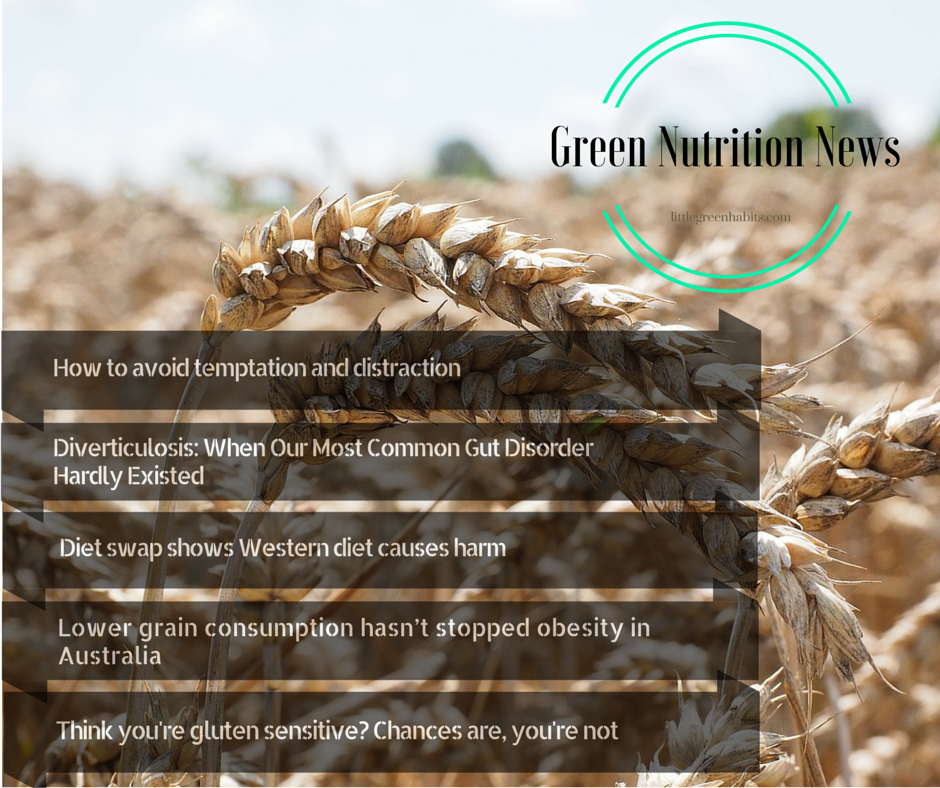
How to avoid temptation and distraction
So, you want to give up or reduce your consumption of meat, dairy, eggs, sweets or junk food? Or perhaps you want to start working out regularly, drop a dress size (or two!), or just start eating healthier? What mindset and motivational words help you the most?
In this article by author and motivational expert James Clear, the very words we use when we set out on a quest to eat healthier or exercise more make a difference. Maybe a big difference! As James says, saying ‘no’ to unnecessary commitments and daily distractions can help you to focus and recover, while saying ‘no’ to temptation can help you stay on track and achieve your health goals.
In one study, a group of students were split into two. One group was told that when faced with temptation, they would say “I can’t do X”, while the other group was told they would say “I don’t do X”. When offered the choice between a chocolate bar or a granola health bar, 61% of the “I can’t do X” students chose the chocolate bar, while only 36% of the “I don’t do X” went for the chocolate.
The same researchers formed a group of 30 women for another study, that were split into 3 groups of 10, and told to think of a long–term health and wellness goal that was important to them. If they felt tempted to lapse on their goals, the first group was told: “just say no”; the second group was told “I can’t…miss my workout today” (for example), and the third group was told to implement the ‘don’t’ strategy, such as “I don’t miss workouts”.
After 10 days of implementing these strategies to meet their health goals, the women reported their findings:
- Group 1 (the “just say no” group) had3 out of 10 members who persisted with their goals for the entire 10 days.
- Group 2 (the “can’t” group) had1 out of 10 members who persisted with her goal for the entire 10 days.
- Group 3 (the “don’t” group) had an incredible8 out of 10 members who persisted with their goals for the entire 10 days.
Why “I don’t” works better than “I can’t”
As James explains, “every time you tell yourself “I can’t”, you’re creating a feedback loop that is a reminder of your limitations. This terminology indicates that you’re forcing yourself to do something you don’t want to do.”
However, adds James, “when you tell yourself “I don’t”, you’re creating a feedback loop that reminds you of your control and power over the situation. It’s a phrase that can propel you towards breaking your bad habits and following your good ones.”
According to Heidi Grant Halvorson, the director of the Motivation Science Center at Columbia University, “I don’t” is experienced as a choice, so it feels empowering. It’s an affirmation of your determination and willpower. “I can’t” isn’t a choice. It’s a restriction, it’s being imposed upon you. So thinking “I can’t” undermines your sense of power and personal agency”.
So next time you’re offered food you know you shouldn’t eat, or you think of avoiding exercise, just try saying: “I don’t eat that” or “I don’t skip workouts”, and let us know how it works for you!
Diverticulosis: When Our Most Common Gut Disorder Hardly Existed

Dr Michael Greger from Nutrition Facts presents information about diverticulosis, a condition that occurs when abnormal pouches form in the wall of the colon (large intestine). When these pouches become inflamed and infected the diagnosis becomes diverticulitis, and both conditions come under the heading ‘Diverticular Disease’.
According to the State of Victoria, Australia, government’s Better Health Channel, “diverticulitis is often a medical emergency, requiring immediate medical attention and, frequently, admission to hospital. Mild attacks can be treated at home, but should always be assessed promptly”.
How common is Diverticulosis?
More than two-thirds of Americans over age 60 have diverticulosis and in Australia more than half of people aged over 70 have the condition, but it is less common in Asia, and almost unknown in Africa. According to Dr Greger, Diverticular Disease is our most common gut disorder, affecting up to 70% of people living in industrialized countries by age 60.
How can we prevent Diverticulosis?
More than a hundred years ago, in early 1900’s America, Diverticular Disease was virtually unknown, with only a total of 25 cases reported in 1907. Within a single lifespan of about 70 years, the disease was rampant.
In 1971, surgeons Neil Painter and Denis Burkitt suggested that Diverticular Disease was a deficiency disease, caused by a deficiency of fibre. It has been found that more than 50% of African Americans in their 50s have Diverticular Disease, but only less than 1% of Africans, eating a traditional plant-based diet, have the disease (that equates to 2 cases out of 4,000).
Does Fibre really protect against Diverticulosis?
In his second video in this series, Dr Greger explains how one widely-reported study from the University of North Carolina, which claimed to show that fibre didn’t prevent diverticulosis, failed to highlight the fact the study group eating the ‘higher fibre’ diet were still well under the minimum recommendations for fibre intake (about 32 grams a day). This renders the study findings useless, as it only compared one fibre-deficient diet (25 grams a day) to another fibre-deficient diet (8 grams a day).
By contrast, populations in rural Uganda, where they essentially have no diverticulosis, regularly consume ‘large plates of leafy vegetables’, with a fibre intake of 70-90 grams of fibre a day; 3-4 times more than consumed in North America and most other western countries.
In a recent study of 47,000 people, it was confirmed: “consuming a vegetarian diet and a high intake of dietary fibre were both associated with a lower risk of both hospitalization and death from diverticular disease”….and the group with the lowest risk (78% lower risk) of diverticular disease? Yes, you guessed it, the fully plant-based vegans!
Diet swap shows Western diet causes harm
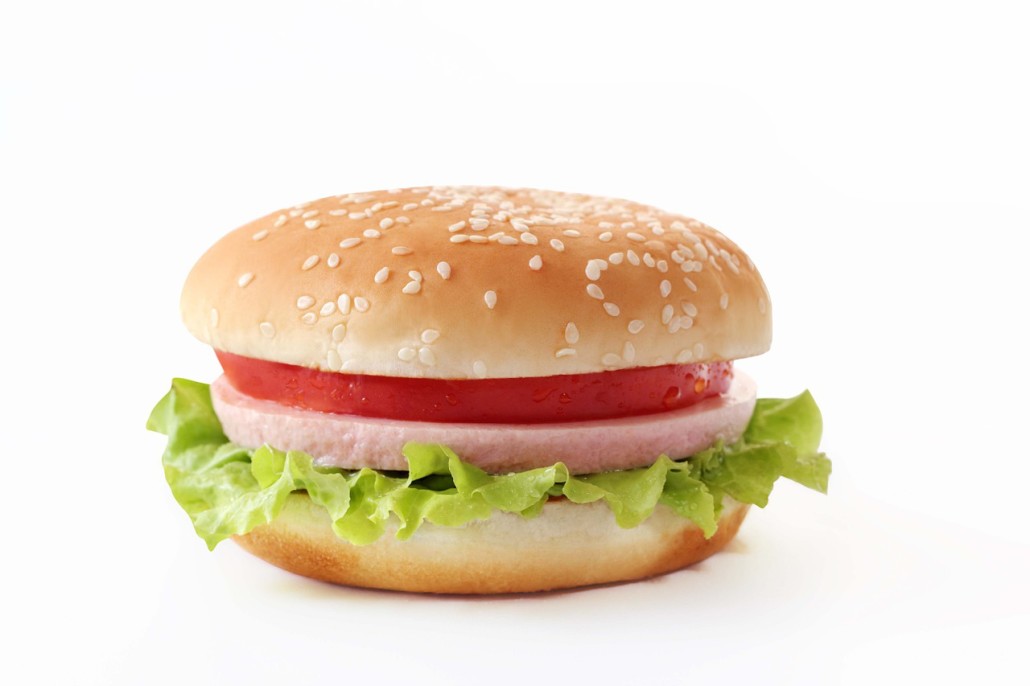
In a recent study reported in the Brisbane Times, researchers from the University of Pittsburgh asked 20 Americans to swap their diet with 20 Africans for 2 weeks.
The Americans were fed a typical African diet including beans and pulses, high in fibre and low in fat. By contrast the Africans consumed a high-fat, low-fibre western-style diet, with plenty of burgers and fries.
While you don’t have to be Einstein to guess which diet was healthier, what was surprising was the speed the subject’s bodies responded to their dietary changes, with the low-fat African diet significantly reducing bio-markers of colon cancer risk.
“In just two weeks, a change in diet from a Westernised composition to a traditional African high-fibre, low-fat diet reduced these biomarkers of cancer risk, indicating that it is likely never too late to modify the risk of colon cancer,” lead researcher Dr Stephen O’Keefe was quoted as saying.
As a result of the study, researchers estimate that up to one third of bowel cancer cases could be avoided by improving your diet.
Fibre is not just fantastic for your bowels. Another new study found that eating more fibre is one simple way to lose weight and improve your overall health.
“By changing one thing, people in the fibre group were able to improve their diet and lose weight and improve their overall markers for metabolic syndrome,” said the study’s lead author.
Lower grain consumption hasn’t stopped obesity in Australia

In just 3 years from 2011 to 2014, Australia’s core grain consumption reportedly dropped by a whopping 30%. It is thought that fad diets such as Paleo and Gluten-Free have contributed to this rapid decline in grain consumption.
According to dietician and general manager of Australia’s Grains and Legumes Nutrition Council, Michelle Broom, people, and women in particular, were missing out on important nutrients.
“Core grains provide fibre, iron and folate,” said Ms Broom, while the rate of gluten allergies and coeliac disease is constant at 1 to 2 per cent of the population.
Sarah Hyland, who is researching consumer attitudes to food and nutrition, was quoted in the report: “There is an increase in obesity rates amongst everybody in the last seven years, which is ironic, because we’re eating less grain, but getting fatter.”
Little Green Habits tip: go for the ‘whole’ grain, with less or minimal processing, such as rolled oats, or wholemeal pasta. White flour and white flour products have most of the fibre and nutrients of the original grain stripped out of them.
Think you’re gluten sensitive? Chances are, you’re not

In June 2015 a Huff Post article reported on a recent study in the journal Digestion, that found 86% of individuals who believed they were gluten sensitive could tolerate it.
Individuals with the hereditary auto-immune coeliac disease, which affects about 1% of Americans, or 3 million people, must avoid gluten.
Apart from those with extremely rare wheat allergies, the other group of recommended gluten-avoiders include those with gluten sensitivity; about 6% of the US population, or around 18 million people.
Despite these relatively low figures, an estimated 30% of shoppers are choosing “gluten-free” options, and 41% of U.S. adults believe “gluten-free” foods are better for everyone. Many popular gluten-free foods, such as cookies, crackers, snack bars and chips, are not necessarily healthier, however, and are often lower in nutrients and higher in sugars, sodium and fat than their gluten-free counterparts.
“People want to believe that they are gluten intolerant because it’s a way for them to avoid carbs, because they also think carbs make them fat,” according to registered dietician Vandana Sheth, a spokesperson for the Academy of Nutrition and Dietetics.
This study showed that, as with coeliac disease and wheat allergies, gluten sensitivity is not nearly as prevalent as many believe. Eating a gluten-free diet isn’t necessarily healthier, and it is not recommended for weight loss – instead, it could lead to weight gain.
“Many gluten-free products are higher in calories, fat, sodium and sugar because they need to enhance the flavor and texture to make up for the lack of gluten,” explained registered dietician Marina Chaparro, a spokesperson for the Academy of Nutrition and Dietetics.
For the vast majority of us, the best way to achieve a healthy weight and to avoid chronic disease is to consume a diet high in vegetables, fruit, beans, legumes, whole grains, nuts and seeds.
Tom Perry
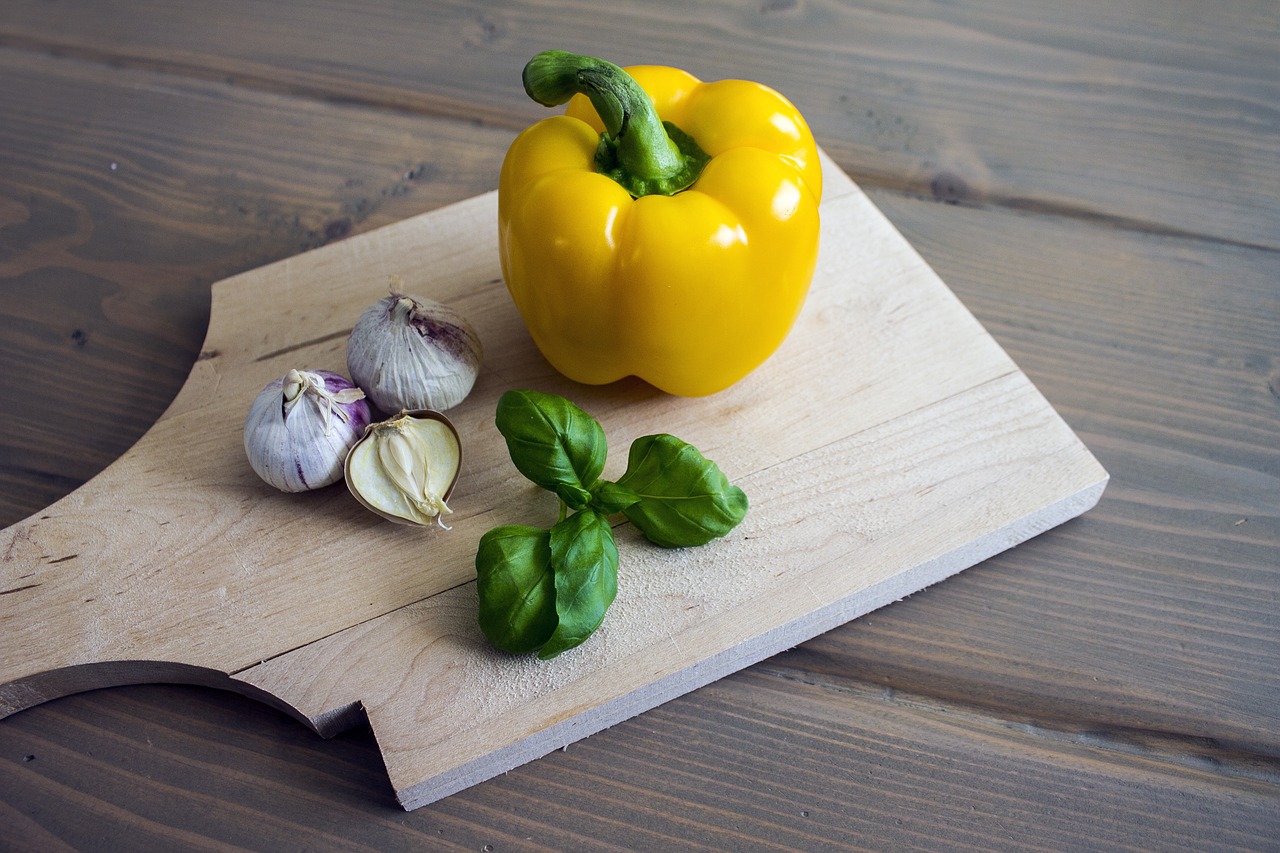

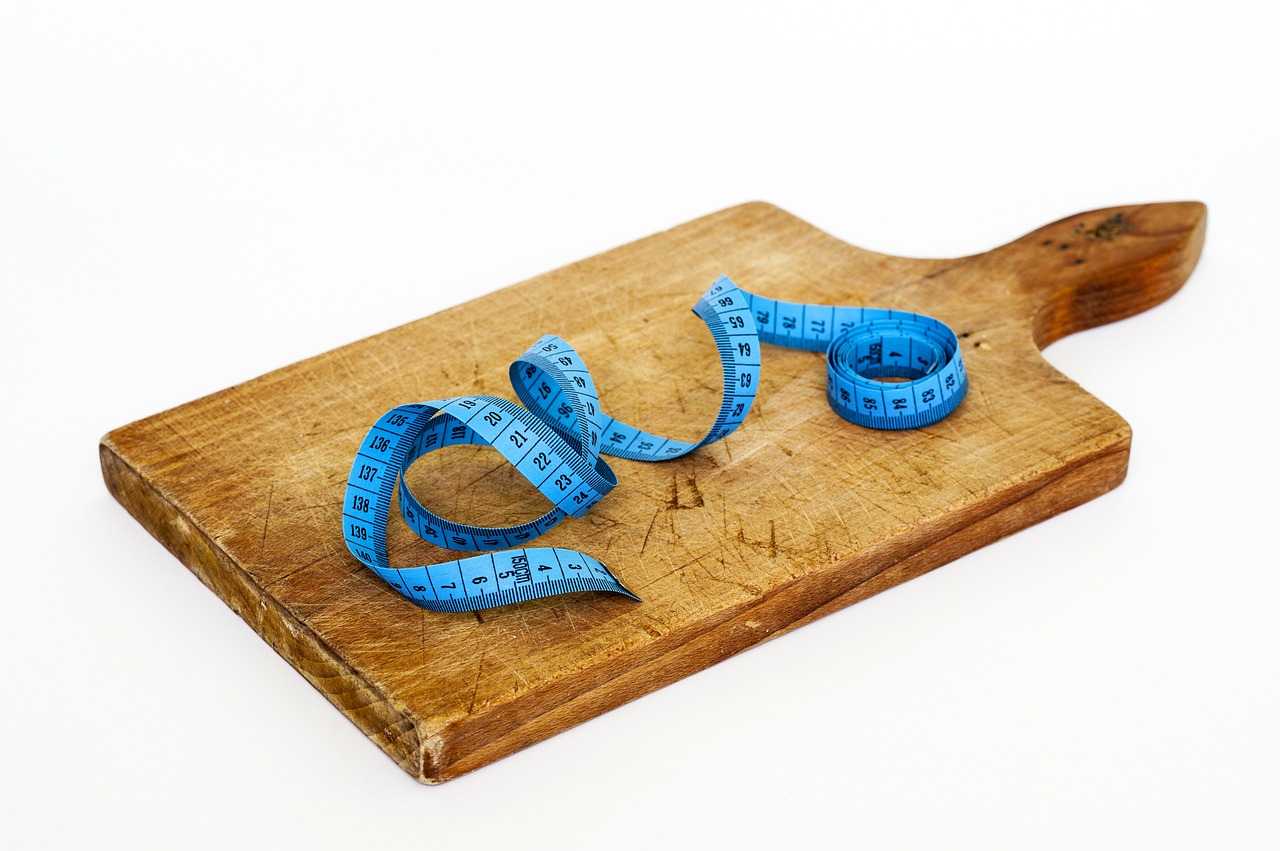

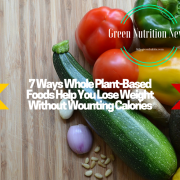
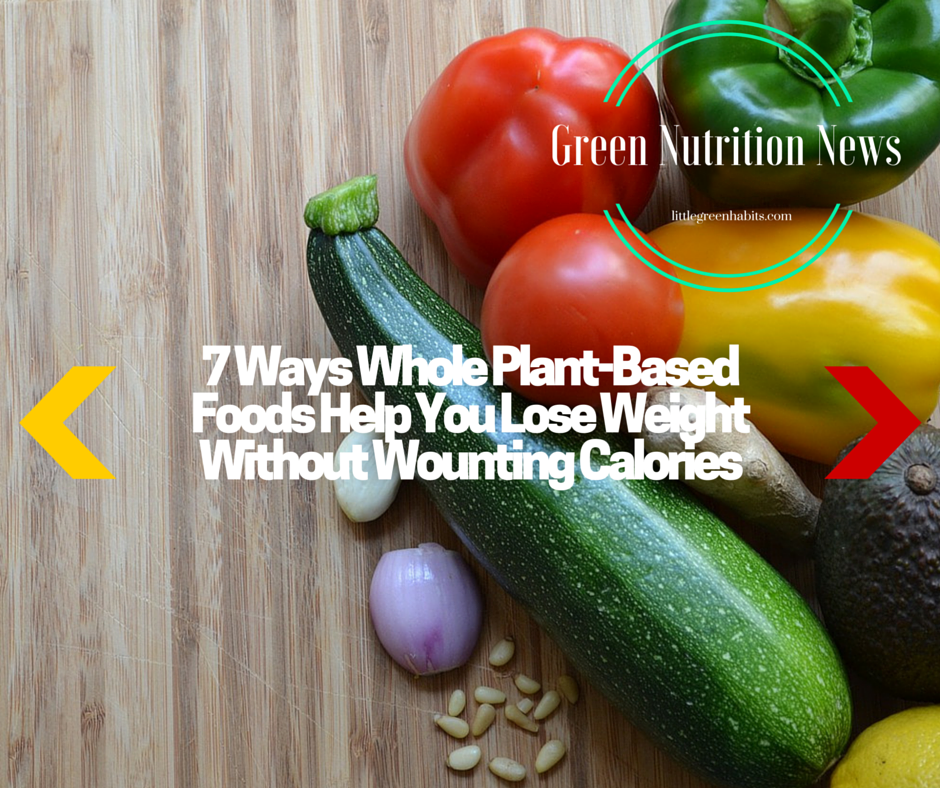

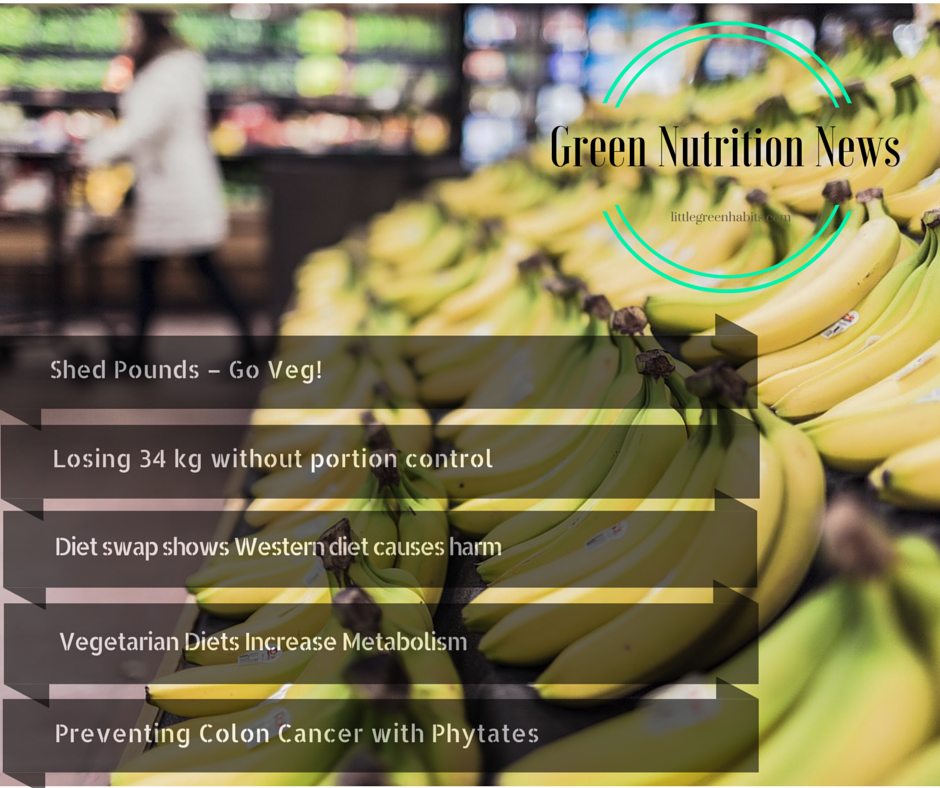
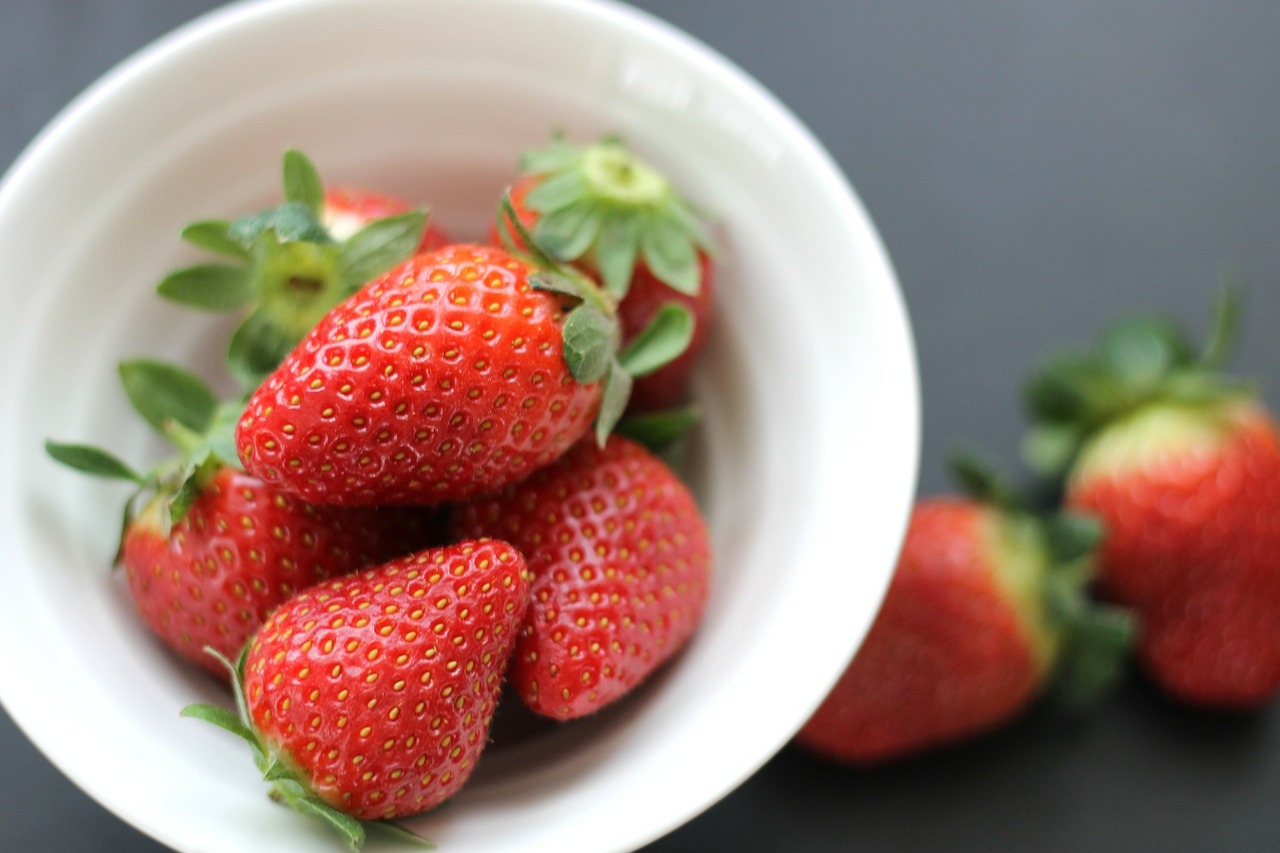

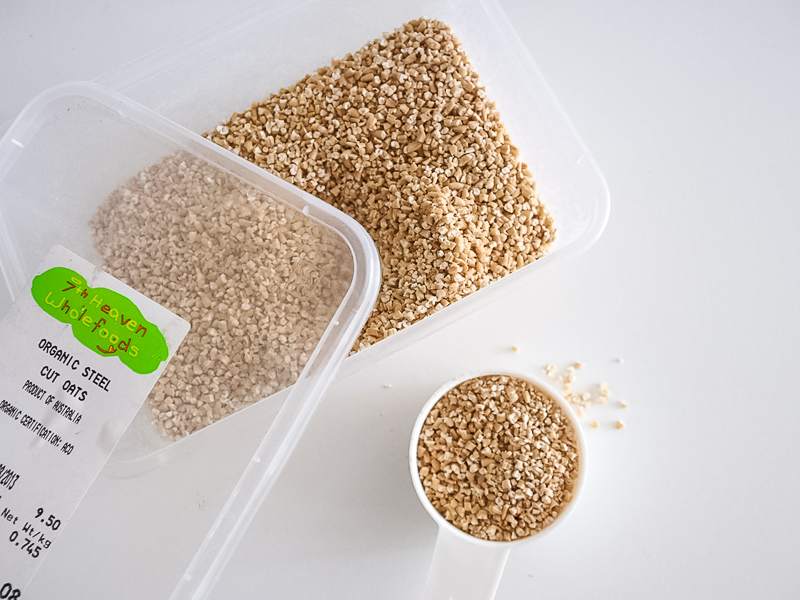
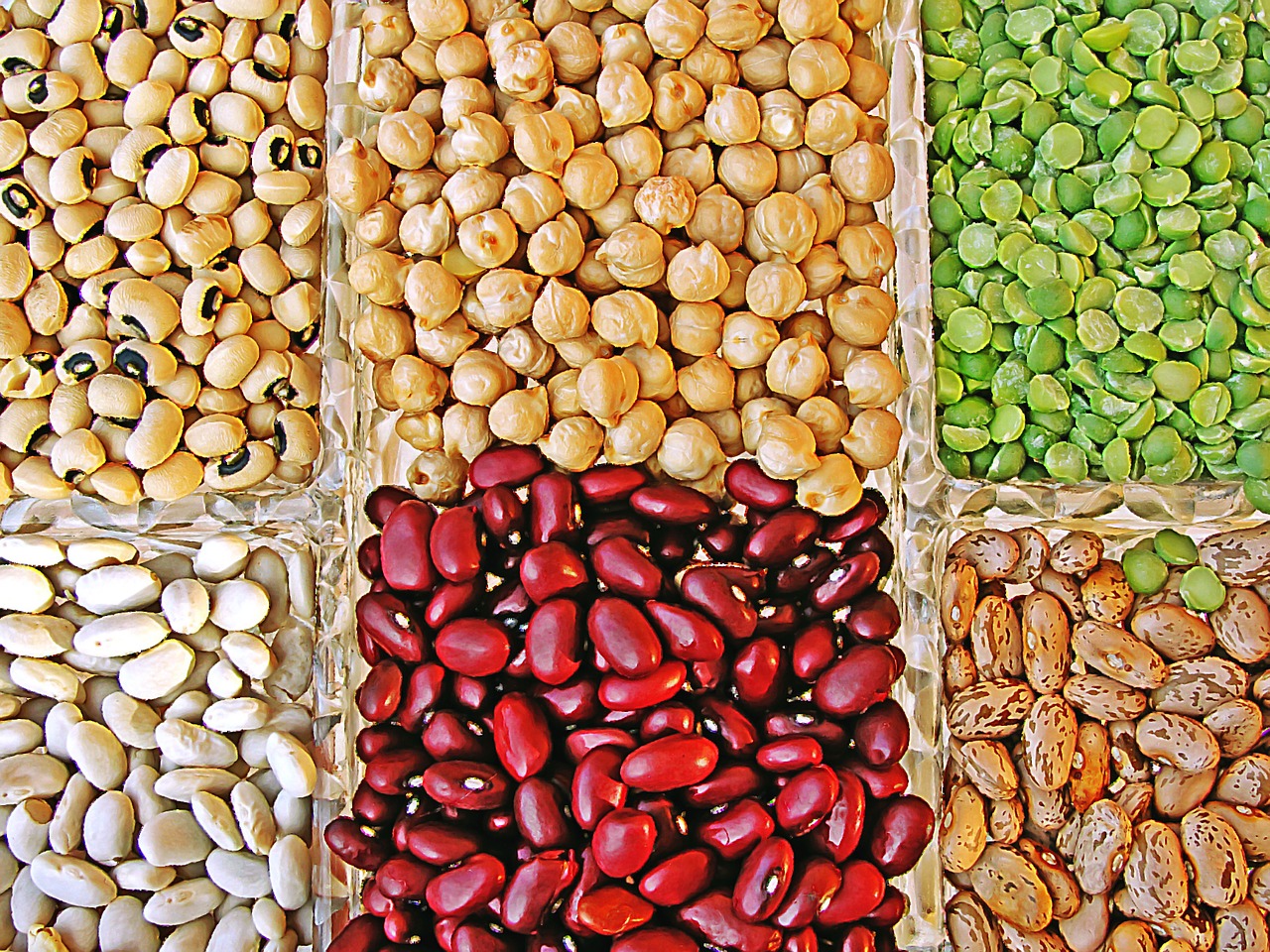
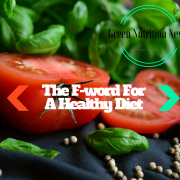


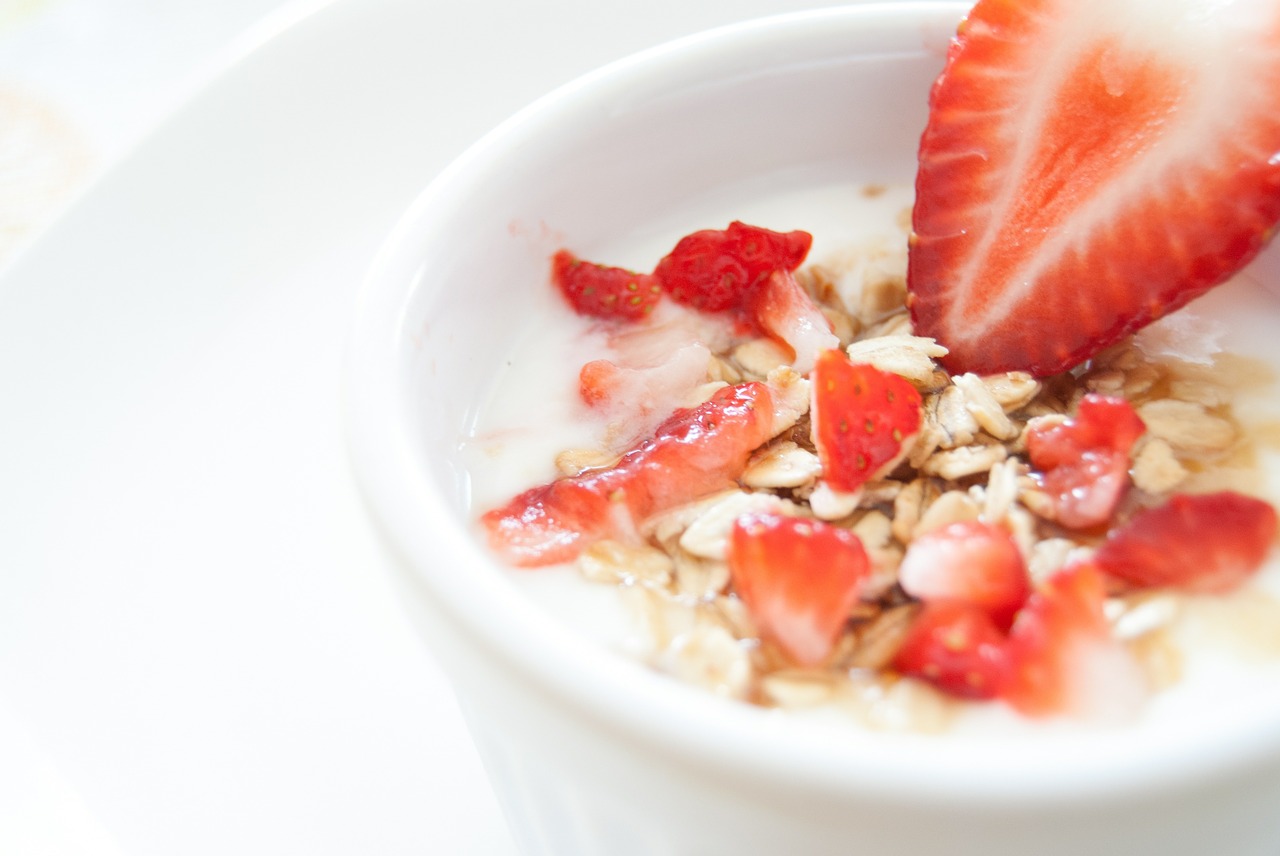
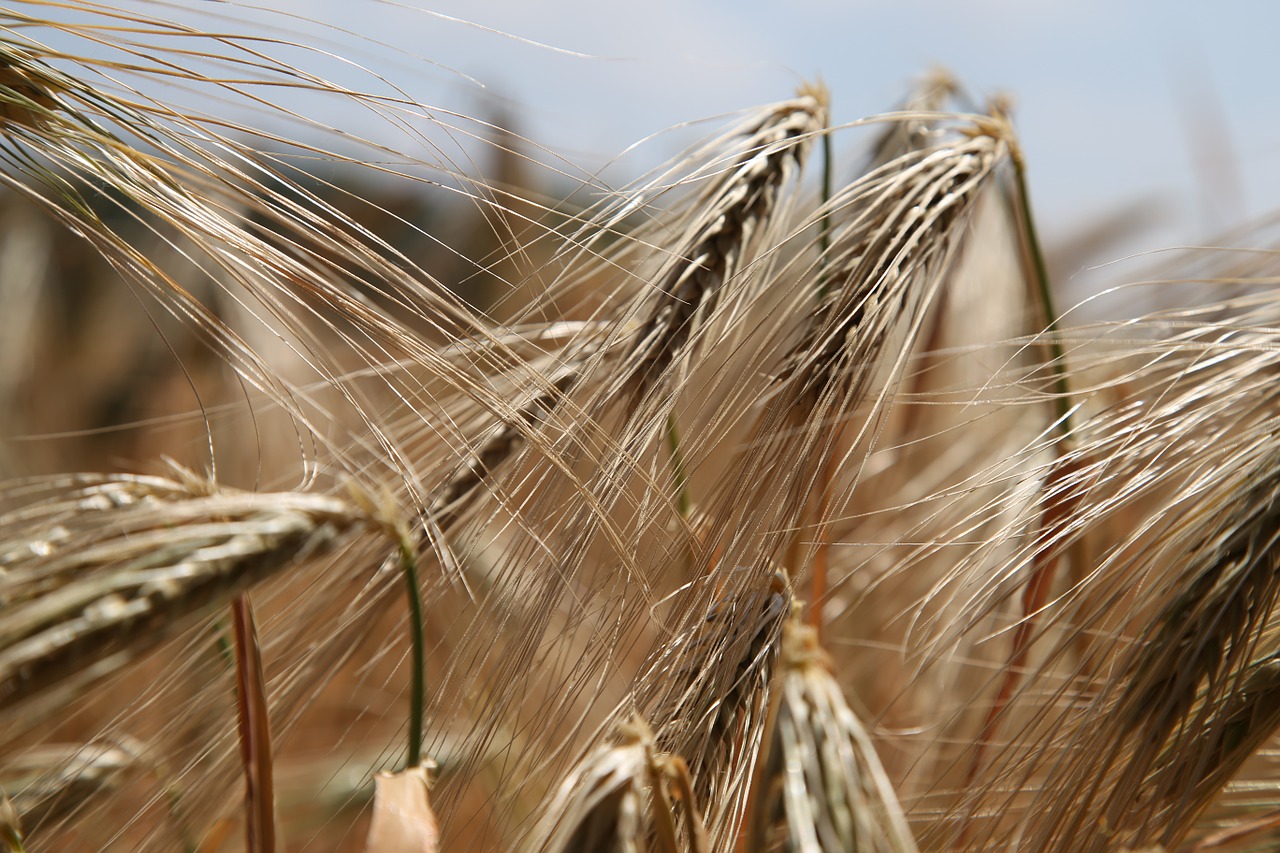
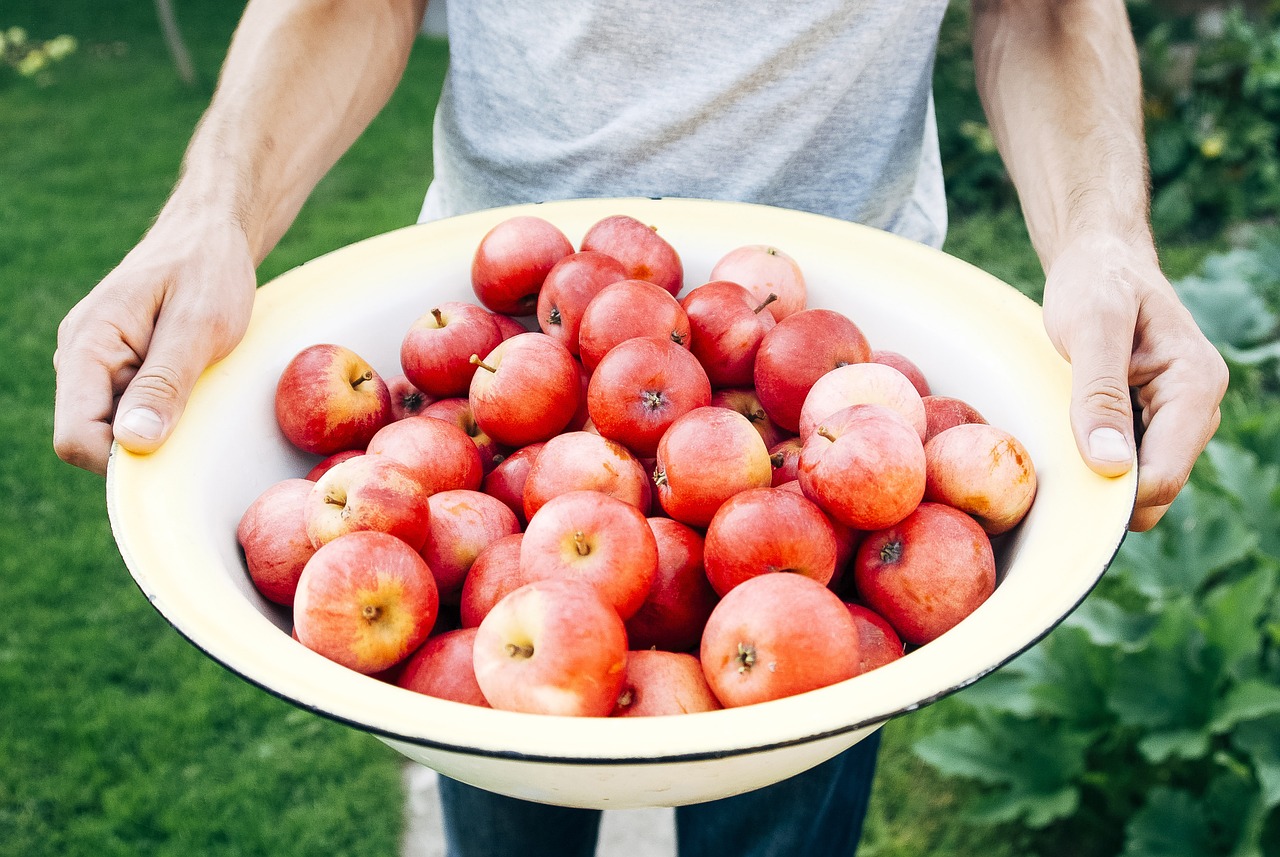
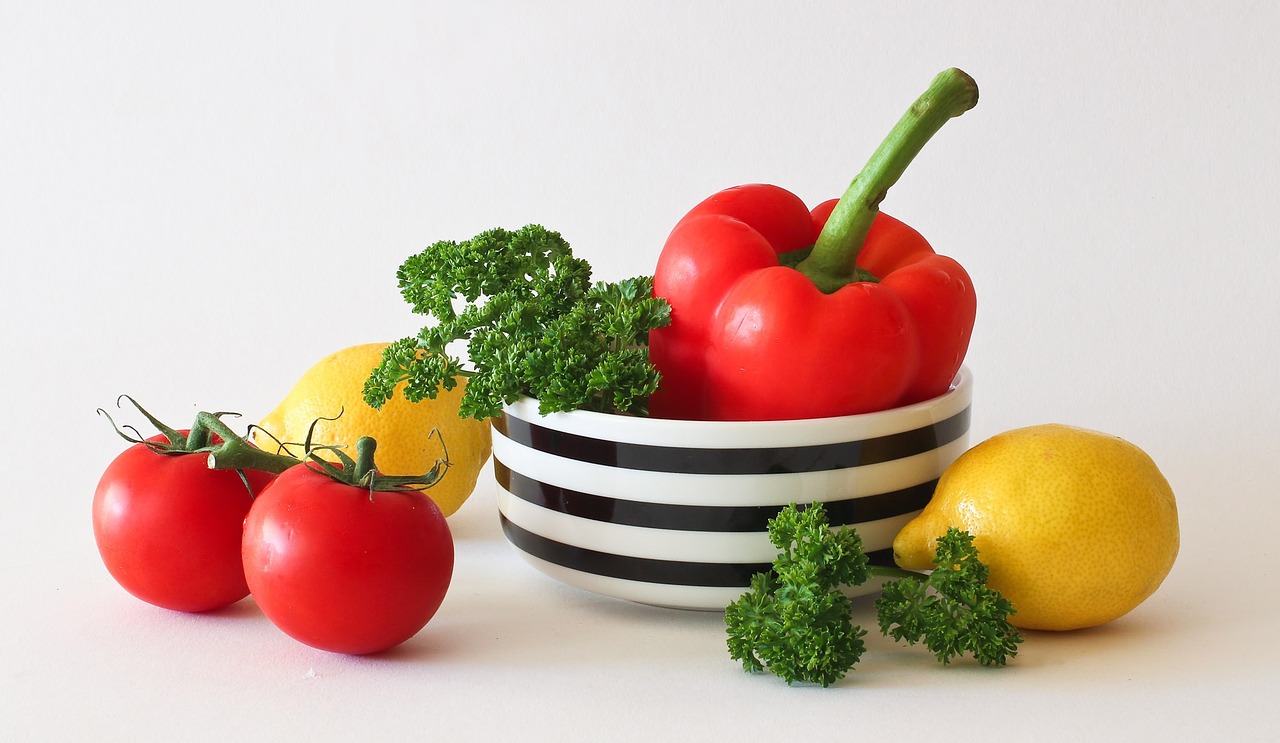









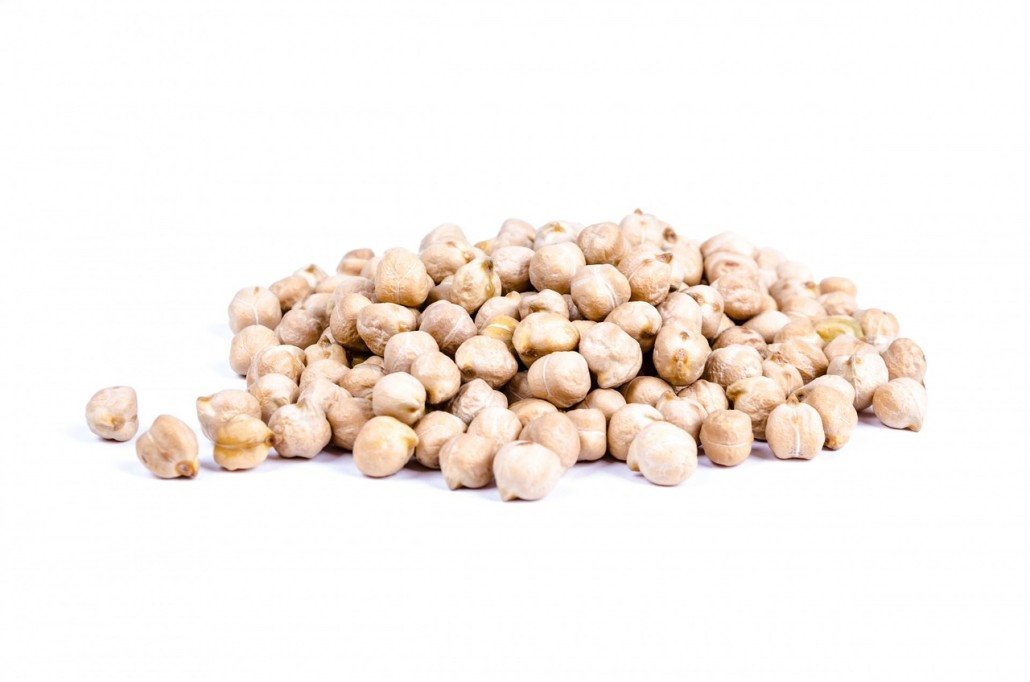


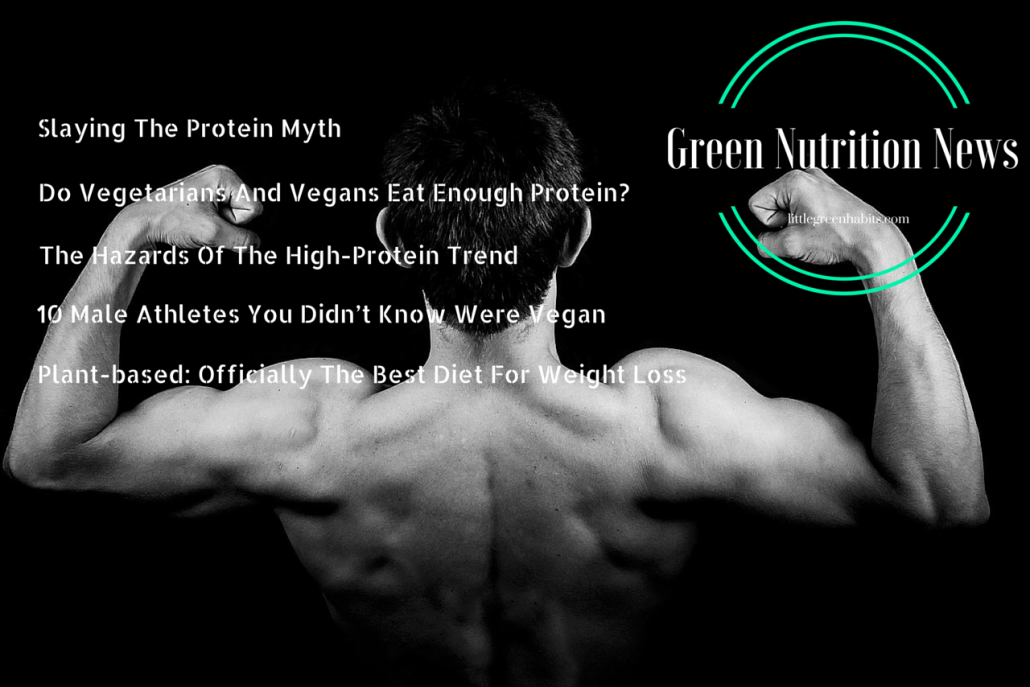
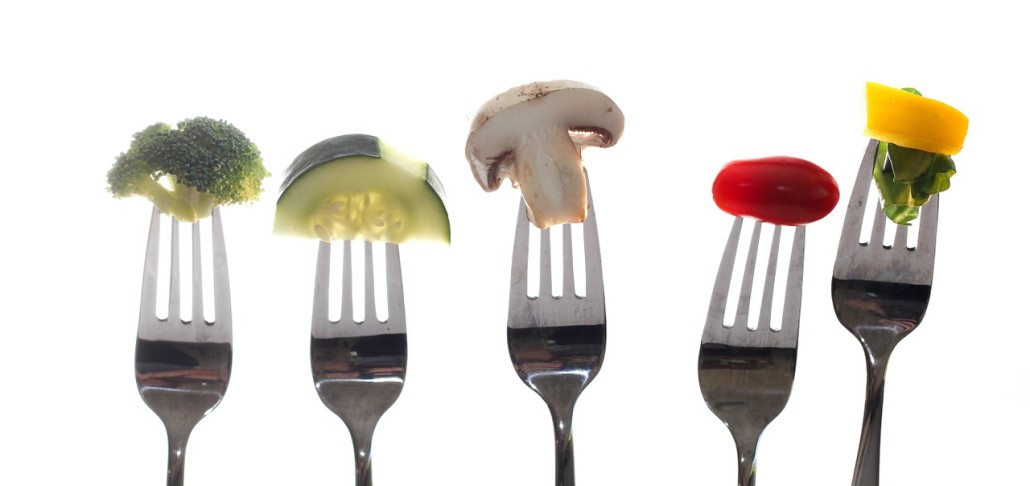


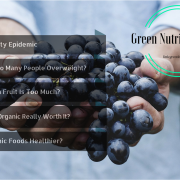


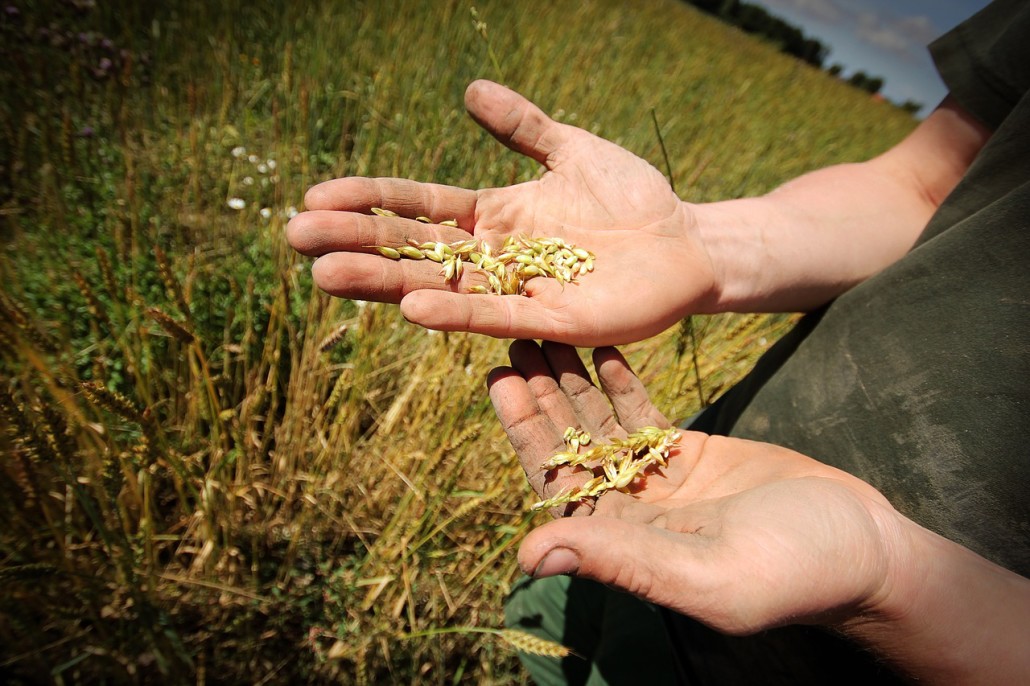
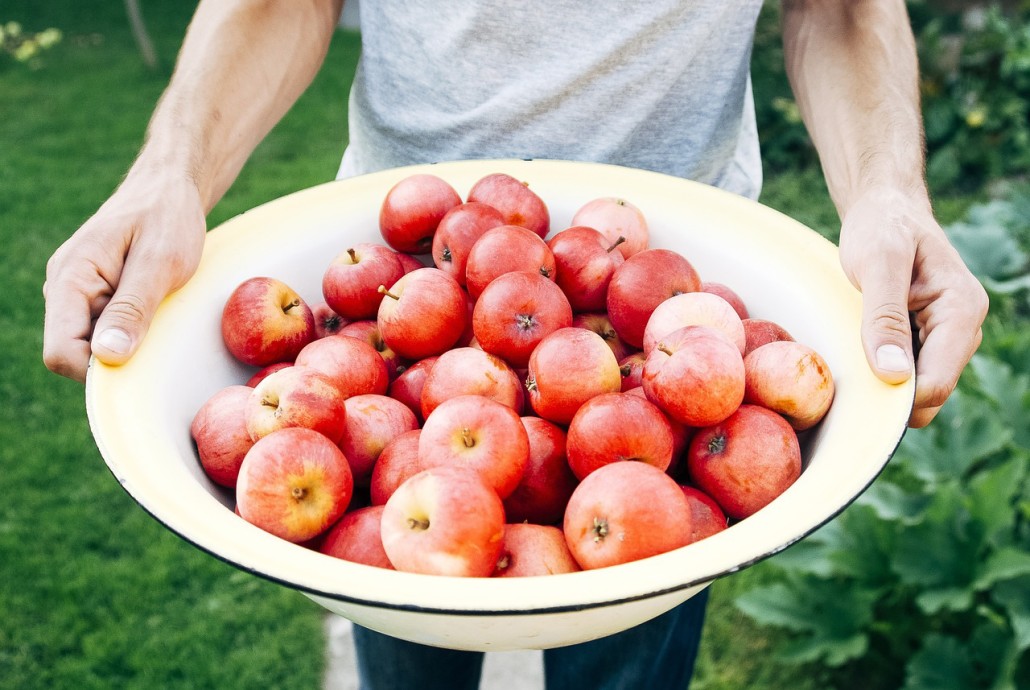
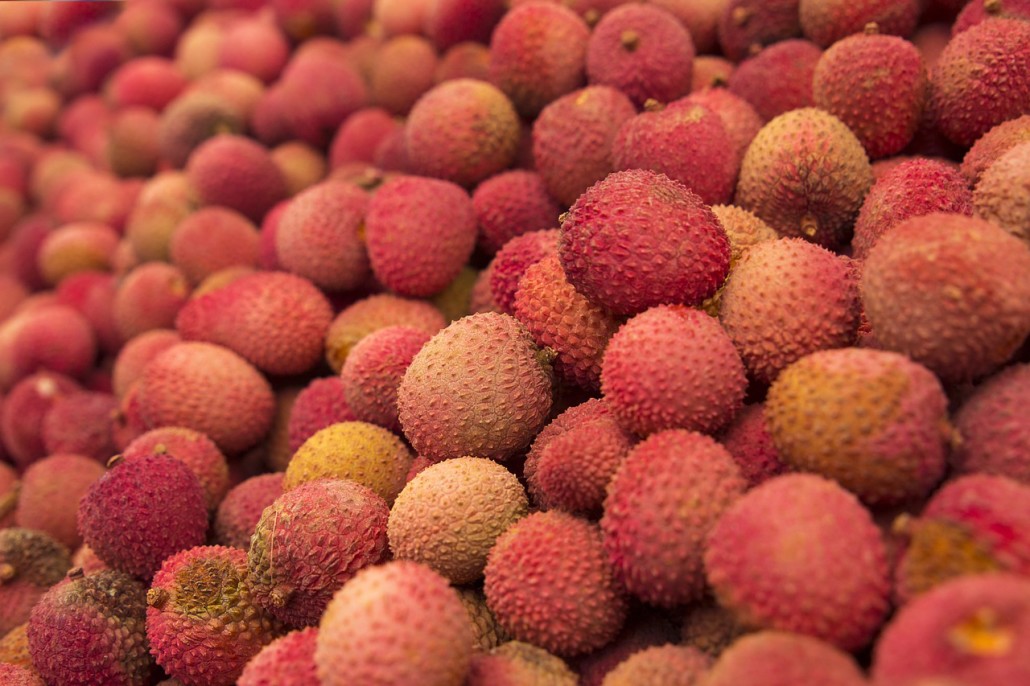
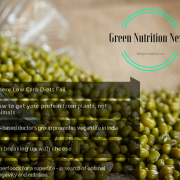
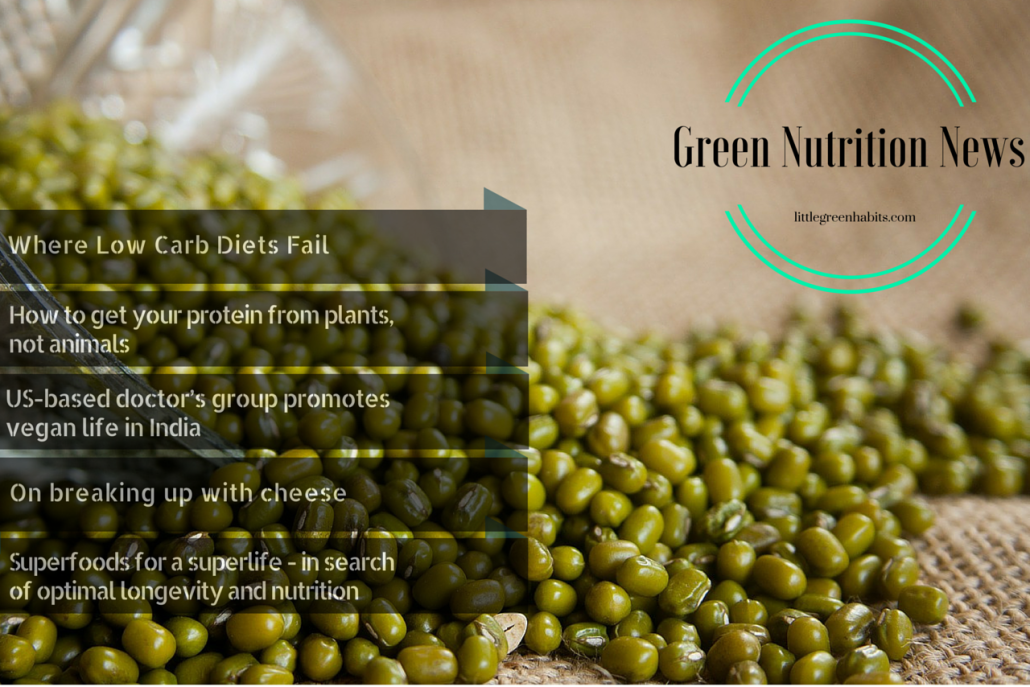
 How to get your protein from plants, not animals
How to get your protein from plants, not animals

